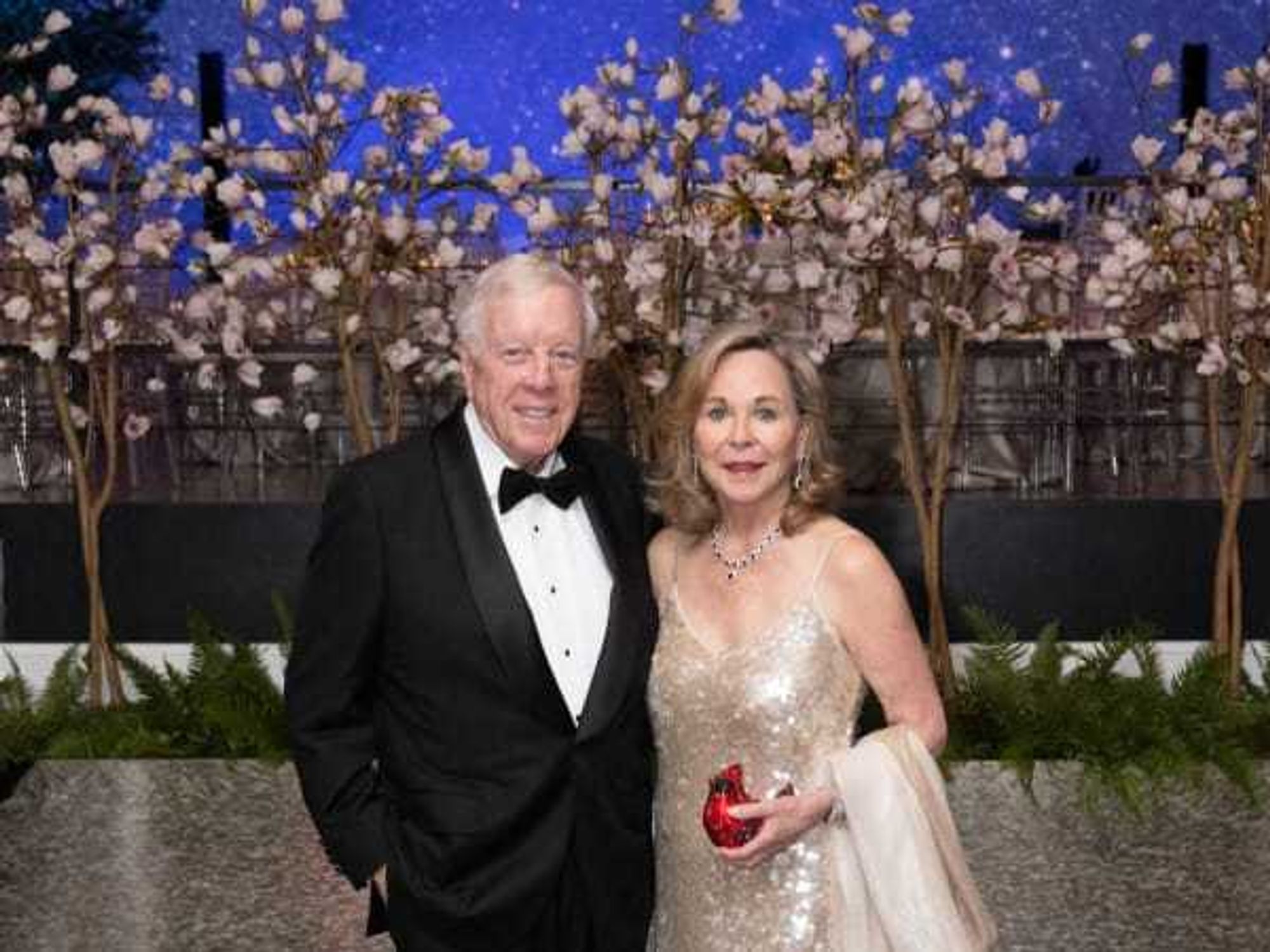bossy philanthropy
Does Gates & Buffett's billionaires' Giving Pledge put pressure on Dan Duncan'sfamily?
 Bill Gates, left, and Warren Buffett speaking at Columbia University's BusinessSchool in New York last yearPhoto by David Goldman/NBCU Photo Bank
Bill Gates, left, and Warren Buffett speaking at Columbia University's BusinessSchool in New York last yearPhoto by David Goldman/NBCU Photo Bank Jan DuncanPhoto by Anthony Rathbun
Jan DuncanPhoto by Anthony Rathbun Where billionaires can participate: https://givingpledge.org/
Where billionaires can participate: https://givingpledge.org/
In a landmark moment for philanthropy, Bill Gates and Warren Buffett are advocating that all billionaires commit to giving at least half of their wealth to charitable groups within their lifetimes or after their deaths.
Dubbed The Giving Pledge, the initiative is the result of a series of dinners the two men held over the past year to discuss the effects of the recession on philanthropy with some of the nation's richest people, including New York Mayor Michael Bloomberg, Revlon owner Ronald Perelman and David Rockefeller, his family's patriarch.
The Giving Pledge aims to reverse the recession's trend of declining donations. In all, (if successful) the initiative would transfer $600 billion — a figure calculated by dividing the amount of wealth represented in Forbes magazine's billionaires list in half — to charitable causes.
The initiative could place pressure on prominent families like the Duncans of Houston to dispense more of the family's trust. (It was recently reported that billionaire Dan Duncan's heirs will avoid federal estate taxes due to a one-year lapse in that tax, instituted by former President George W. Bush.)
Duncan's wife Jan could walk away with the bulk of the patriarch's $9 billion net worth — a figure that would have been roughly cut in half by the government if Dan had passed away three months earlier or if he lived past Jan. 1, 2011. His eldest daughter, Randa Duncan Williams, is executor of the estate and it is believed she will continue the family's tradition of charitable gift giving.
Duncan gifted more than $250 million to Baylor College of Medicine, M.D. Anderson Cancer Center, Texas Children's Hospital and other Houston institutions during his life.
Gates and Buffetts' goal is to instill the expectation that the rich should give away their wealth while creating a peer group of wealthy people that can offer advice on philanthropy, said Melinda Gates, Bill's wife and the co-chair of the Bill & Melinda Gates Foundation.
Although noble and ambitious, the initiative also makes public what is considered a personal, highly private decision.
Reports the Wall Street Journal, Mr. Rockefeller has pledged to give at his death more then $1 billion to charitable causes, including gifts of more than $100 million to the Museum of Modern Art, Rockefeller University, Harvard University and the Rockefeller Brothers Fund.
For his part, Bloomberg said he gave $254 million to nearly 1,400 nonprofit organizations in 2009, adding, "I am a big believer in giving it all away and have always said that the best financial planning ends with bouncing the check to the undertaker."
Only a matter of days ago, Gates himself teamed with the government of Spain and the world's wealthiest man, Mexican telecom magnate Carlos Slim to donate $150 million to fight malnutrition, dengue, malaria and other health problems in Mexico and Central America as part of the Meso-American Health Initiative. Last week, the Gates pledged $1.5 billion for the United Nation's women's health initiatives.
"It's really to help people to get started on their own in whatever it is they want to do," Melinda Gates said. "One of the most important things about philanthropy is that people do what they are passionate about. They won't do it otherwise."
It's a condescending statement to the nation's privileged, but the siren call has reasoning. The past 12 months marked the second consecutive year in which philanthropy experienced its deepest decline ever recorded by the Giving USA Foundation.
